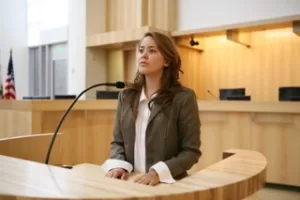NOTE
All legal references are made with respect to Indiana law. Please check the laws of your local jurisdiction if you live in another state.
The articles in this blog are for informational purposes only. No attorney-client relationship is established through the publication of these articles.
Divorce and custody disputes can be emotionally charged and legally complex—but not every case needs to be fought out in a courtroom. Mediation offers an alternative path: a confidential, non-adversarial process where both parties work with a neutral third party (the mediator) to reach a mutually acceptable agreement.
In Indiana, mediation is often encouraged—or even required—by the court in family law cases before a final hearing is scheduled. It’s especially valuable in custody and parenting time disputes, where preserving the co-parenting relationship is essential. Mediation gives parents more control over the outcome and can reduce the stress and expense of prolonged litigation.
Unlike a judge, a mediator doesn’t make decisions. Instead, they guide the discussion, help clarify issues, and assist in generating creative solutions that meet the needs of both sides. Common topics addressed in mediation include parenting schedules, holiday sharing, child support modifications, and property division.
Mediation isn’t always appropriate—especially in cases involving domestic violence or severe power imbalances—but in many situations, it provides a faster, less costly, and more cooperative way to resolve family law disputes. If you’re facing a divorce or custody matter, our office can help you understand your mediation options and represent your interests to ensure your voice is heard and your rights are protected.
If you have additional questions, or need assistance with your legal matter, contact our office at (317) 514-2681 to schedule a consultation. You can also schedule your own consultation here. We look forward to helping you.







